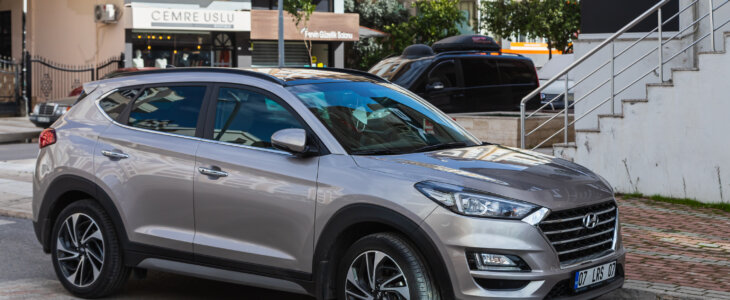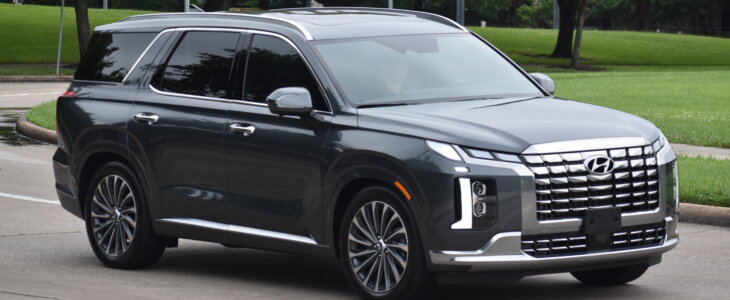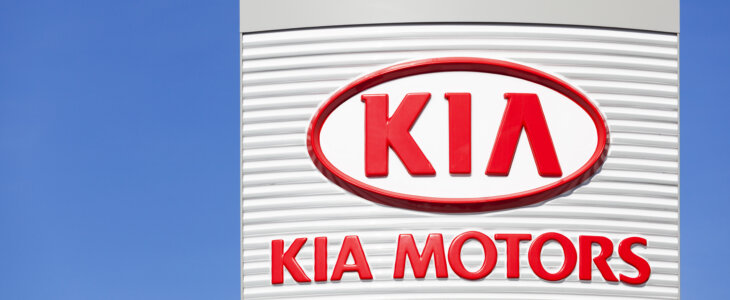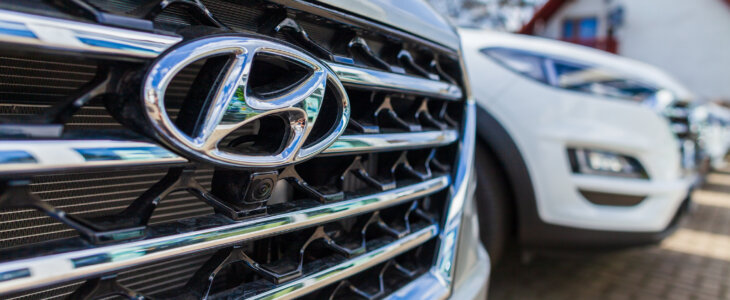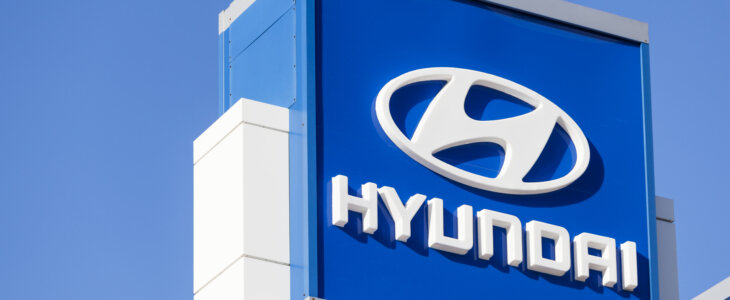Overview of the Hyundai Nexo Class Action
Hyundai is facing a class action lawsuit filed in California federal court over allegations that its Nexo hydrogen fuel cell vehicles are fundamentally flawed and falsely advertised. The suit, brought by plaintiff Stacy Ross, also names FirstElement Fuel Inc. and California Governor Gavin Newsom as co-defendants.
Ross alleges that Hyundai misled consumers about the practicality and reliability of Nexo’s fuel infrastructure, safety systems, and long-term usability. The lawsuit paints a picture of a vehicle sold on the promise of zero-emission convenience but plagued with limited refueling options, unreliable infrastructure, and critical safety issues.
Core Allegations: Infrastructure Failure and Vehicle Defects
The plaintiff claims that Hyundai and FirstElement Fuel built and marketed a hydrogen vehicle system that fails to meet even basic expectations. Among the most concerning issues cited:
- Hydrogen stations are frequently inoperable or closed.
- The Nexo’s hydrogen tank often fails to fill completely.
- Only three dealerships in California can service the Nexo, with specially trained technicians.
- Safety problems include a faulty parking sensor system that shuts down without warning.
- Malfunctioning GPS navigation, which further degrades usability.
Ross asserts that despite full knowledge of these issues, Hyundai continues to sell the Nexo in California, where a lack of adequate fueling and servicing support has left owners stranded and unable to use their vehicles as intended.
In addition, the suit accuses Governor Newsom of channeling significant taxpayer dollars to support what the lawsuit describes as a commercially unviable and environmentally flawed hydrogen infrastructure.
What the Lawsuit Seeks
The class action seeks to represent all California-based owners or lessees who purchased or leased a Hyundai Nexo in the past four years. Ross is demanding compensatory, statutory, and punitive damages, as well as injunctive and declaratory relief. Claims include fraud, breach of warranty, false advertising, and violations of California consumer protection laws.
The lawsuit is Ross, et al. v. Hyundai Motor America Inc., et al., Case No. 2:25-cv-01480, filed in the U.S. District Court for the Central District of California.
How Hyundai Owners Can Take Back Control
While this class action lawsuit has been initiated, many Hyundai Nexo owners are likely affected by the same alleged infrastructure and defect issues, with numerous drivers expressing frustration over the brand’s lack of transparency and support. These types of issues often lead to escalated legal action, highlighting the importance of protecting consumer rights.
If you struggle with vehicle troubles and feel cornered against big vehicle brands, remember it is always better to have experts with you. With extensive experience and successful cases at hand, The Lemon Firm is your best bet. With dedicated team members always at your disposal, the package becomes too good to be true. So, if your car is giving you a headache, don’t hesitate to reach out!
Call 833 Lemon Firm and speak with a case analyst today!
